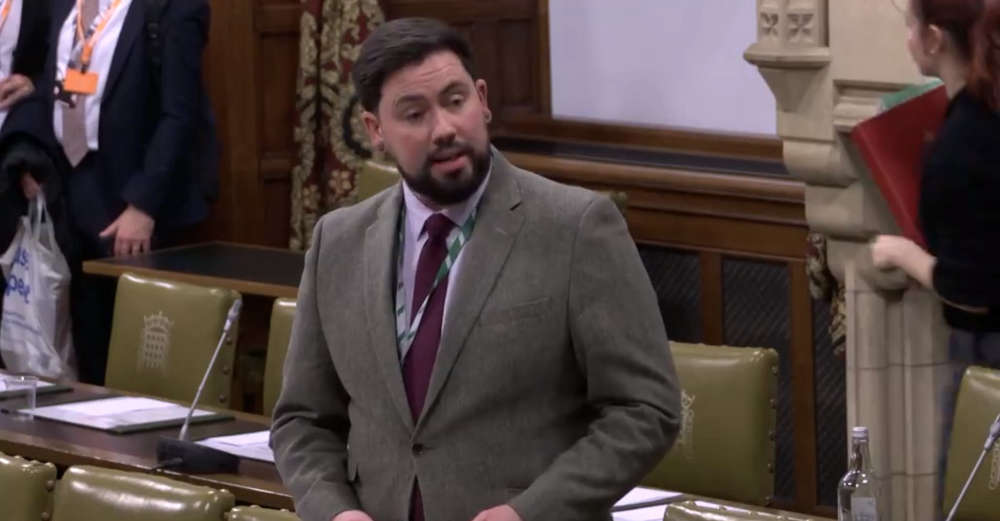
Passengers are more likely to take the train for leisure travel while commuters would rather take the train midweek are the key takeaways from a new research report published by the Department for Transport.
The railway connects communities across the country, moving people to get to work, education, healthcare and leisure. It provides vital infrastructure essential for delivering growth, providing opportunity and raising living standards as part of the Plan for Change.
The Government is undertaking a once in a generation overhaul of the rail network, bringing train operating companies into public ownership and setting up Great British Railways (GBR), bringing track and train together to put passengers first.
In order to better understand how passengers use the railway and deliver a network that works for their needs, the Department for Transport did an investigation into the reasons passengers take the train. The report found that:
- 54% respondents said they were travelling for leisure
- 30% were commuting for work or education
- 15% were travelling for business
- 61% said they travelled by rail for leisure at least once a month
- 41% said they used the railway for commuting at least once a week, with Tuesday, Wednesday and Thursday being the most popular days
This shows a return to midweek office working, demonstrating how essential the railway is for connecting people to get to work, providing a path for opportunity and catalysing economic growth.
Rail Minister Lord Peter Hendy said: “Our railway is the backbone of our economy, connecting people across the country and fuelling business, growth and opportunity, supporting the Plan for Change.
“This research shows thousands of passengers choose the train for their leisure travel. To go and see family and friends, go on holiday or go to big events whether its concerts, festivals or a football match, the train is the best way to get there.”
Resetting industrial relations has meant there have been no national strikes since 9th May 2024, which has protected passengers from significant disruption and delays, avoiding further impacts to the hospitality industry and wider economy.
This has meant the network has been able to start getting its financial footing back, with green shoots appearing in rail revenue with an increase of 8% from the latest quarter (October to December 2024) compared to the same quarter in 2023.
Public ownership is seen as turning the page on fragmentation with the aim that every penny can be spent for the benefit of passengers rather than private shareholders.
A key barrier to more people taking the train is still a lack of consistency in reliable services as delays and cancellations mean people miss days of work, hospital appointments or social events. The latest passenger data shows cancellations in the latest quarter (October to December 2024) was 5.1%, with 70,000 fully cancelled trains across the network.
The Government is determined to drive up performance, and the Rail Minister is meeting with all train operators to address concerns and demand immediate action. On top of this, last month the Transport Secretary announced a new era of rail accountability, making performance information available at over 1,700 stations showing the punctuality and reliability of trains visiting those stations.

 Doctor suspended for sixth time
Doctor suspended for sixth time
 Erewash MP describes Reform's adult education closures as a "disgrace"
Erewash MP describes Reform's adult education closures as a "disgrace"
 Nottingham businesses can seize range of new support following thousands in government investment
Nottingham businesses can seize range of new support following thousands in government investment
 Campaigner says Derbyshire County Council’s closure of five Adult Education Centres is ‘devastating’
Campaigner says Derbyshire County Council’s closure of five Adult Education Centres is ‘devastating’
 Erewash bucks the trend as other councils ‘spiral’ into the red
Erewash bucks the trend as other councils ‘spiral’ into the red




